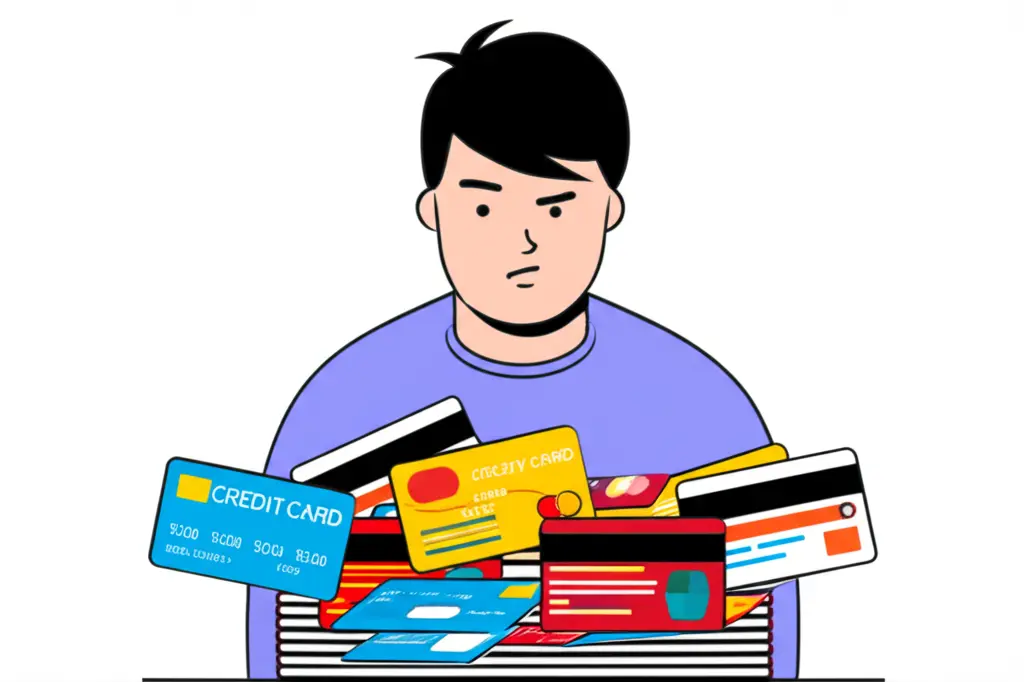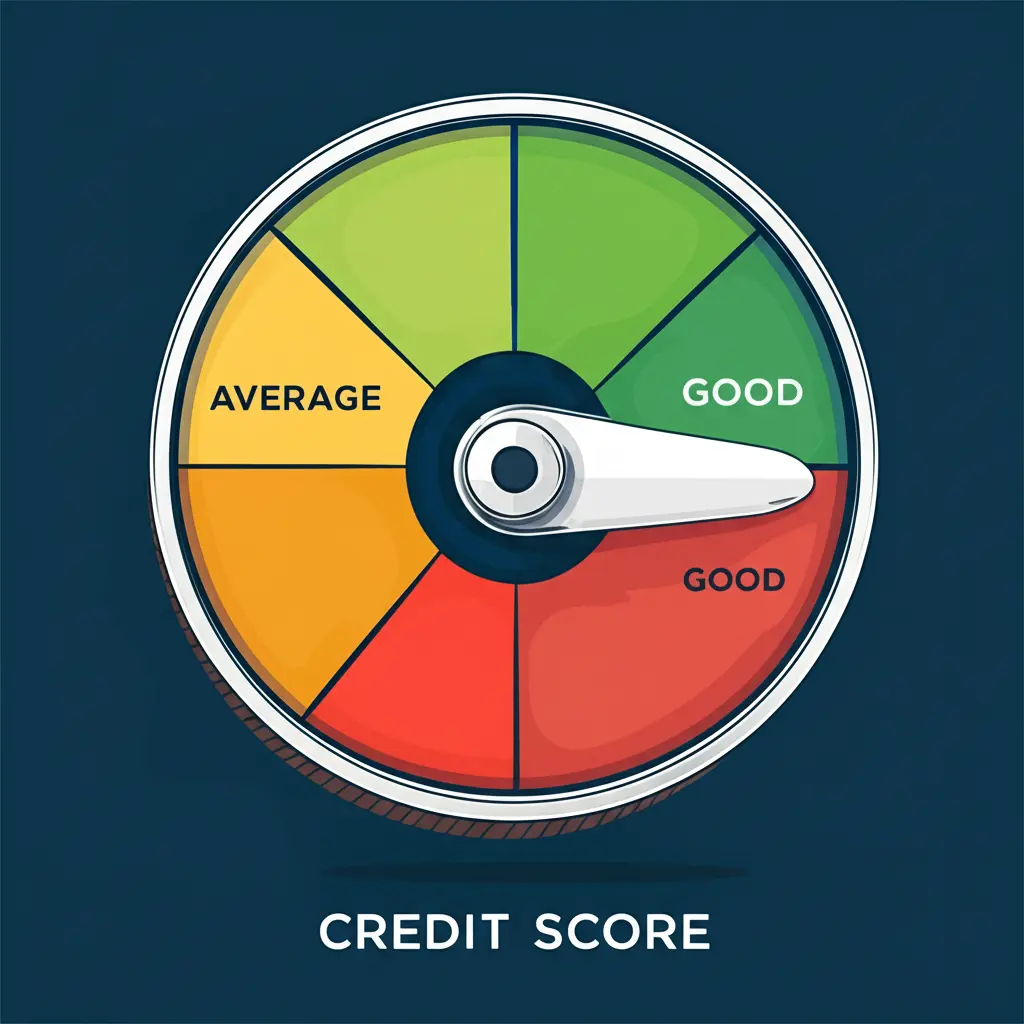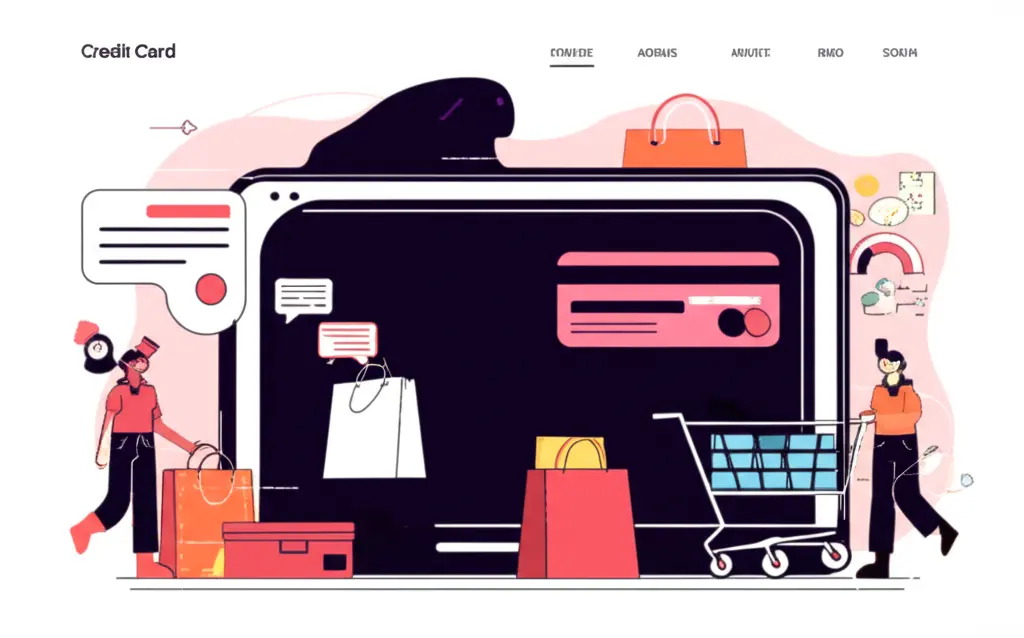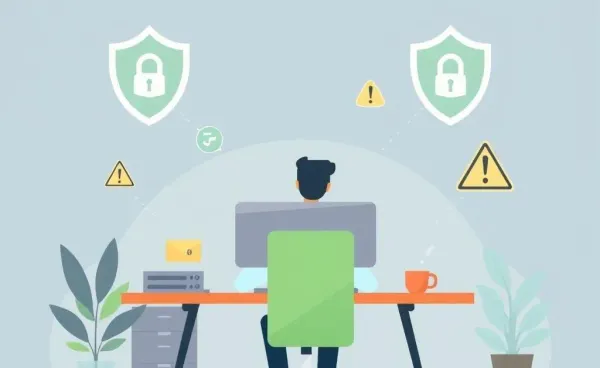Understanding Credit Card Offers When You Earn $30,000 a Year
Discover how credit cards can benefit you even with a $30,000 salary.

Hey there! Have you ever noticed how credit card offers seem to pop up everywhere, even when you’re not exactly raking in the big bucks? If you're earning $30,000 a year, you might wonder if a credit card is worth it or just another trap. Let’s dive into what these offers mean for you and how you can make the most of them.
Should You Get a Credit Card on a $30,000 Salary?
It's a common concern: Are credit cards really beneficial if you're making a modest income? The short answer is, yes! Credit cards can be a great financial tool, but only if they're used wisely. Even with a $30,000 income, you can leverage a credit card to build your credit score, earn rewards, and manage unexpected expenses.
Your credit score is your financial report card. With responsible use, a credit card can help you achieve a stronger score over time, making it easier to obtain loans or perhaps even a mortgage in the future.

Benefits of Having a Credit Card
Let’s talk about the perks. Many credit cards offer rewards like cashback or points, which can translate into real savings. For example, you could use a credit card for necessary purchases, earning points that you can later redeem for discounts or free items.

Beyond rewards, credit cards can also provide peace of mind. Emergencies happen—whether your car needs repairs or your dog decides socks are a food group. Having a credit card as a backup means you won’t be caught off guard.
Potential Pitfalls to Avoid
While the perks are tempting, it's essential to use your credit card wisely. Avoid the pitfalls of overspending by sticking to your budget. Remember, a higher credit limit doesn’t mean you need to max it out.
Pay your balance in full each month to avoid interest charges, and be cautious of annual fees that might offset your earned rewards. Keeping track of due dates is crucial to maintaining a good credit score.

Make Your Credit Card Work for You
At the end of the day, understanding how to manage a credit card responsibly is key. Keep an eye on what you're spending, take advantage of the rewards, and maintain a budget. With these habits, you can make a credit card a beneficial part of your financial toolkit, no matter your income level.
Have you tried out any strategies with your credit card that worked particularly well for you? Share your experiences in the comments!




